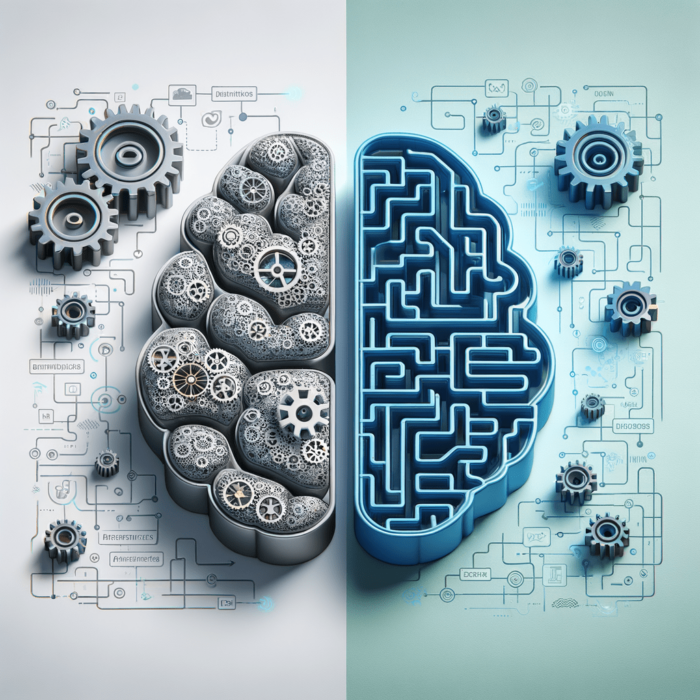Artificial Intelligence (AI) stands as one of the most transformative technologies of our era, promising to revolutionize various aspects of our lives. From streamlining everyday tasks to tackling complex societal challenges, the potential of AI seems boundless. However, like any powerful tool, AI comes with its own set of advantages and disadvantages, shaping the way we interact with technology and each other.
Advantages of Artificial Intelligence:
Efficiency and Automation: AI enables automation of repetitive tasks, freeing up human resources for more creative and strategic endeavors. Tasks such as data entry, analysis, and customer support can be efficiently handled by AI systems, reducing time and costs for businesses.
Enhanced Decision Making: By processing vast amounts of data in real-time, AI systems can provide insights and predictions that aid decision-making processes across various domains. From personalized recommendations in e-commerce to predictive maintenance in manufacturing, AI empowers organizations to make informed choices for better outcomes.
Improved Productivity and Innovation: Through advanced algorithms and machine learning models, AI fosters innovation by uncovering patterns and optimizing processes that may not be evident to human operators. This leads to increased productivity and competitiveness in industries ranging from healthcare to finance.
Personalization and Customer Experience: AI-driven personalization enhances customer experiences by tailoring services and content to individual preferences. From virtual assistants like Siri and Alexa to recommendation engines on streaming platforms, AI adapts to user behavior, creating more engaging interactions.
Advancements in Healthcare: AI is revolutionizing healthcare by accelerating diagnostics, drug discovery, and treatment planning. Machine learning algorithms can analyze medical images, detect anomalies, and predict disease progression, aiding clinicians in delivering timely and accurate care.
Disadvantages of Artificial Intelligence:
Job Displacement and Economic Impact: The automation enabled by AI has raised concerns about job displacement and its impact on the workforce. Routine tasks susceptible to automation may lead to job losses in certain sectors, necessitating upskilling and retraining initiatives to mitigate the socioeconomic consequences.
Bias and Ethical Concerns: AI systems are susceptible to biases present in the data used to train them, leading to unfair outcomes and perpetuating societal inequalities. Moreover, ethical dilemmas arise concerning issues such as privacy infringement, surveillance, and autonomous decision-making in critical domains like criminal justice and healthcare.
Dependency and Reliability: Relying heavily on AI systems can pose risks in terms of reliability and security. Malfunctions or algorithmic errors may have far-reaching consequences, especially in safety-critical applications like autonomous vehicles and medical devices, highlighting the need for robust testing and validation frameworks.
Loss of Human Touch: While AI enhances efficiency and productivity, it may also erode the human touch in certain interactions, particularly in customer service and caregiving roles. Striking a balance between automation and human involvement is crucial to preserve empathy and emotional connection in service delivery.
Environmental Impact: The computational demands of AI, particularly deep learning models, require substantial energy consumption, contributing to carbon emissions and environmental degradation. Developing energy-efficient algorithms and optimizing hardware infrastructure are imperative to mitigate the ecological footprint of AI technologies.
In conclusion, the widespread adoption of AI brings both unprecedented opportunities and challenges, reshaping the way we work, live, and interact with technology. While harnessing the potential of AI to drive innovation and efficiency, it is essential to address the associated risks and ethical considerations to ensure a responsible and inclusive AI-powered future. Balancing technological advancement with human values and societal well-being is key to realizing the full benefits of AI while mitigating its drawbacks.



Leave a Reply